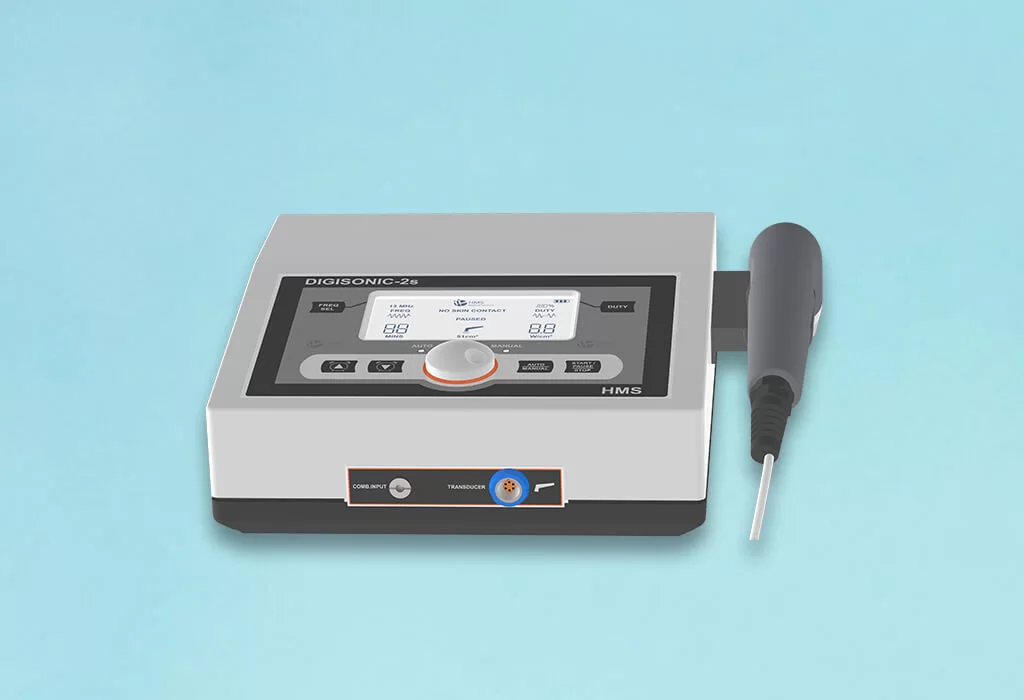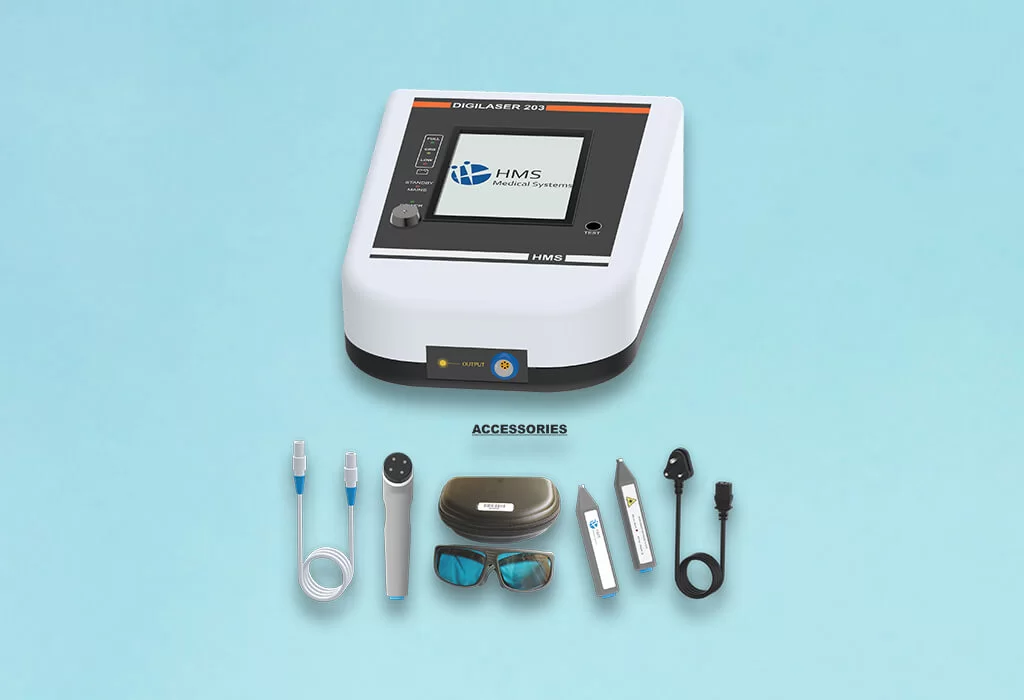Transcutaneous Electrical Nerve Stimulation (TENS) units have long been a mainstay in pain management for physiotherapists and healthcare professionals. However, the potential benefits of TENS machines extend far beyond analgesia. Recent research suggests that TENS can be a valuable tool in promoting sensory integration and proprioception in patients with neurological or musculoskeletal impairments.
Table of Contents
Understanding Sensory Integration and Proprioception
- Sensory Integration: Refers to the brain’s ability to process information from various sensory systems (touch, vision, proprioception) and create a unified perception of the environment. Deficits can lead to difficulties with coordination, balance, and motor skills.
- Proprioception: The body’s awareness of its position and movement in space. Impaired proprioception can contribute to clumsiness, falls, and difficulty with activities of daily living.
How TENS Machines Can Help
- Neuroplasticity: The brain is a remarkably adaptable organ, and throughout life, it has the ability to change and reorganize itself. This process, called neuroplasticity, allows us to learn new skills, recover from injuries, and adapt to changing environments. TENS is believed to stimulate neuroplasticity by increasing blood flow and activity in the targeted area of the brain. This can help improve the processing of sensory information and enhance communication between different brain regions. In essence, TENS can help the brain to “rewire” itself to better integrate and interpret sensory signals.
- Increased Sensory Input: When applied to the skin, TENS machines deliver a controlled electrical stimulation that activates sensory nerve fibers. This increased sensory input can help to “retrain” the brain to better interpret and integrate sensory signals from various parts of the body. Over time, this can lead to improvements in sensory discrimination, spatial awareness, and overall sensory processing.
- Enhanced Proprioception: Proprioception relies on the complex interplay between sensory receptors in muscles, joints, and tendons. Studies suggest that TENS applied over specific muscle groups can stimulate these proprioceptive receptors, leading to a heightened awareness of limb position and movement in space. This enhanced proprioception can improve motor control, coordination, and balance, all of which are crucial for functional movement and gait.
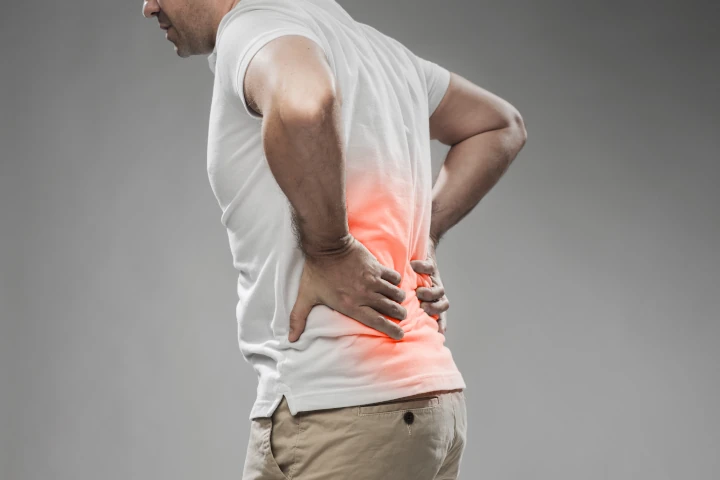
Clinical Applications
- Stroke Rehabilitation: Stroke can cause damage to the areas of the brain responsible for sensory processing and motor function. TENS applied over the affected areas can help stimulate neuroplasticity and improve communication between different brain regions. This can lead to better sensory integration and motor function, allowing patients to regain lost abilities such as grasping objects or walking.
- Balance Disorders: Balance problems are a common complication of many neurological conditions, including stroke, Parkinson’s disease, and multiple sclerosis. TENS machines can be used to target the muscles and sensory receptors in the legs and ankles, which are crucial for balance. By enhancing proprioception and improving the integration of sensory information, TENS can help patients improve their balance and reduce their risk of falls.
- Musculoskeletal Injuries: Musculoskeletal injuries such as sprains, strains, and fractures can often lead to impaired proprioception and sensory dysfunction around the injured area. TENS applied over the injured tissues can help to stimulate healing, reduce pain, and improve proprioception. This can promote faster recovery, reduce stiffness, and help prevent re-injury by improving neuromuscular control.
- Pain Management: While pain relief remains a primary benefit of TENS, it can also create a window for improved sensory processing and motor learning during rehabilitation. By reducing pain, TENS machines allow patients to participate more actively in physiotherapy exercises and other rehabilitation activities. This can lead to better long-term outcomes and a faster return to normal function.
Important Considerations
TENS machines should be used as part of a comprehensive rehabilitation program, alongside physiotherapy, occupational therapy, speech therapy, and other interventions as deemed necessary by a qualified healthcare professional. A personalized treatment plan is crucial, with electrode placement and stimulation parameters tailored to the specific needs of each patient. This may involve factors such as the underlying condition, the severity of symptoms, and the patient’s individual tolerance.
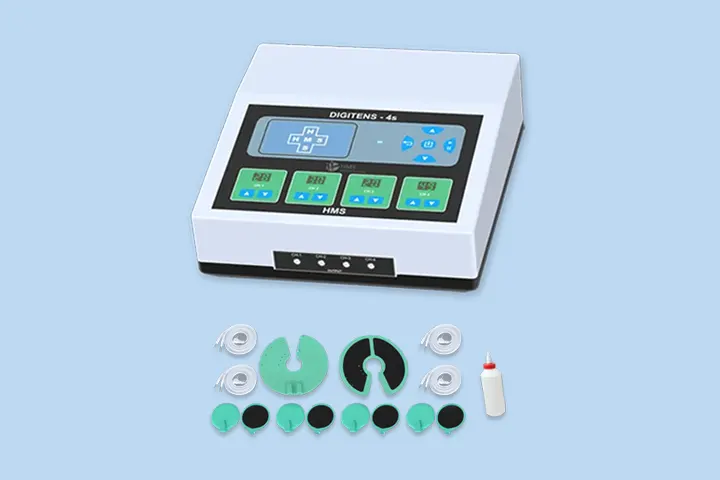
Here are some additional considerations for using TENS machines in neurological and musculoskeletal rehabilitation:
- Dosage and frequency: The optimal dosage and frequency of TENS treatment will vary depending on the individual and the specific condition being treated. It is important to start with low-intensity stimulation and gradually increase the intensity as tolerated. Treatment sessions typically last for 15-30 minutes and can be performed several times a day.
- Patient education and training: Educating patients about TENS and how to use it properly is essential for successful treatment. Patients should be instructed on how to apply the electrodes, adjust the stimulation settings, and identify any potential side effects.
- Monitoring and follow-up: Regular monitoring and follow-up are important to ensure that TENS treatment is safe and effective. Patients should report any changes in their symptoms or any side effects they experience. Treatment goals and protocols should be reassessed and adjusted as needed throughout the rehabilitation process.
HMS Medical Systems – Empowering Rehabilitation Through Innovation
TENS units have emerged as a versatile tool within the physiotherapy and electrotherapy landscape. While pain management remains a cornerstone of TENS therapy, its ability to enhance sensory integration and proprioception opens exciting new doors for neurological and musculoskeletal rehabilitation.
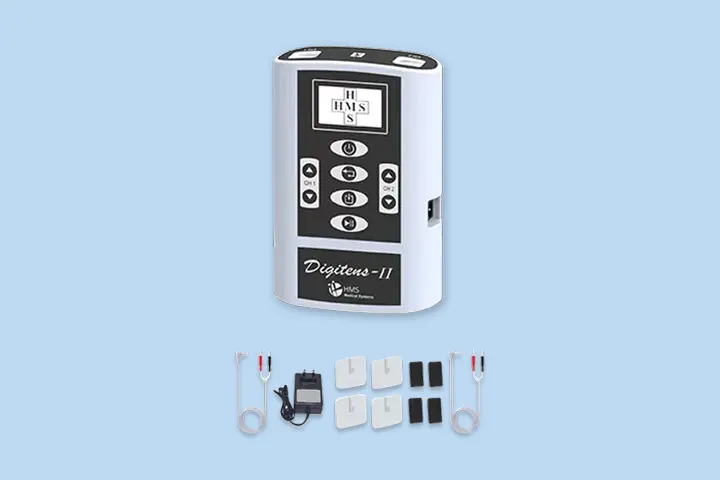
As a leading manufacturer of physiotherapy and electrotherapy equipment since 1994, HMS Medical Systems is committed to providing healthcare professionals with the most advanced and reliable TENS units. Our commitment to quality ensures that clinicians have access to effective tools to help patients achieve lasting results.
With a comprehensive product portfolio encompassing Interferential therapy, Ultrasound therapy, Laser therapy, and more, HMS Medical Systems is your one-stop shop for all your physiotherapy and electrotherapy needs. When it comes to TENS therapy, partner with HMS to unlock the full potential of this powerful and non-invasive treatment modality.

